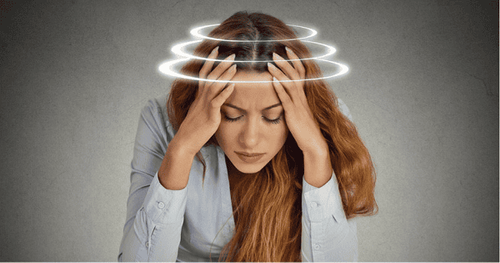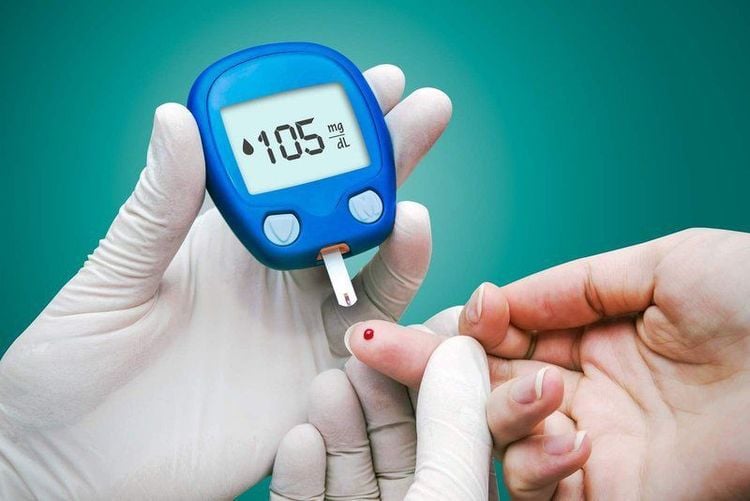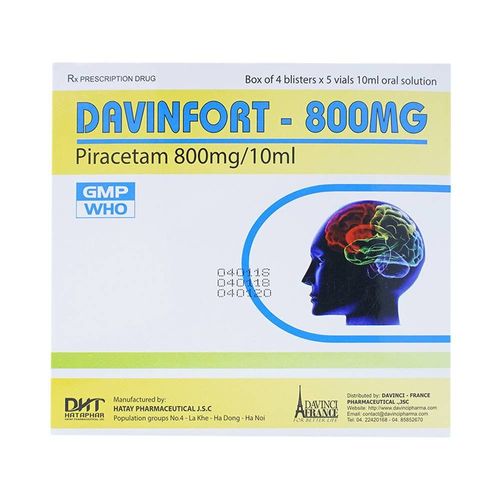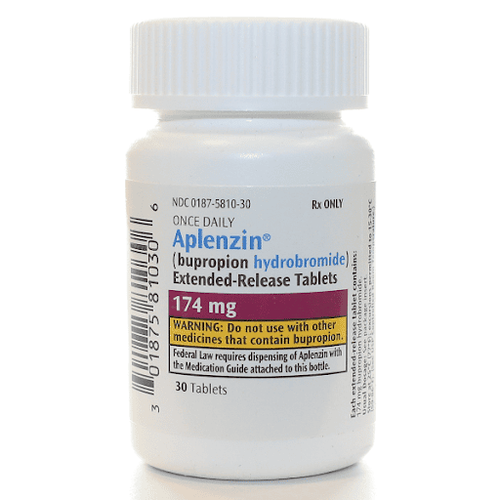This is an automatically translated article.
This article is expertly consulted by Master, Doctor Bui Ngoc Phuong Hoa - General Internal Medicine - Department of Medical Examination & Internal Medicine - Vinmec Danang International General Hospital. The doctor has more than 24 years of experience in the field of Psychiatry.Disorders of the autonomic nervous system affect the function of regulating the transport of matter, regulating the activities of internal organs as well as the central nervous system.
1. What is autonomic nervous system disorder?
The autonomic nervous system is an organ in the body that is governed by automatic nervous systems such as the digestive organs, the respiratory organs, and the heart. ..Autonomic nervous system disorder is an imbalance of the sympathetic and parasympathetic nervous systems. When one of the two systems is disturbed, it will lead to autonomic nervous system disorder. These two nervous systems have the effect of controlling the activities of the organs in the body, not under the control of the brain.
Although the disease is not fatal, it significantly reduces the patient's quality of life, causing discomfort for the patient, causing psychological changes.
2. Signs of disorders of the autonomic nervous system

When the weather changes, vasomotor disorders cause headaches, memory loss, decreased attention, lack of sleep. , or anxious, sometimes sad for no reason... Patients often experience dizziness due to decreased blood pressure, faster or slower heart rate, or palpitations, erratic changes in blood pressure, impaired pulse The patient feels short of breath, tired... The contraction function of the stomach is disturbed, causing digestive disorders, making the patient feel full fast, easy to diarrhea, full gas, or maybe constipation... Patients with autonomic dysfunction will have signs of difficulty urinating and incontinence due to urinary disorders, more serious may have urinary tract infections. Decreased or excessive sweating due to a disorder of sweating. The patient's ability to regulate body temperature is also affected. The respiratory system of patients with autonomic dysfunction is also affected, causing shortness of breath due to bronchospasm. When returning to the sky, the patient suffers from autonomic dysfunction or suffers from bone and joint pain. Manifestations such as hair loss, dry skin, dilated skin vessels are also possible signs in people with autonomic disorders. Menstrual disorders, decreased sex drive... Slow response to light, difficulty driving at night. Sexual dysfunction, in men is the phenomenon of premature ejaculation, in women is the phenomenon of vaginal dryness and difficulty achieving excitement during sex.
3. Causes of disorders of the autonomic nervous system
Causes of disorders of the autonomic nervous system include the following:Due to the effect of a virus May be a complication of some other disease or may be a side effect of medication The immune system is attacked Parts of the body are damaged Due to genetic factors Due to poor postures affecting the body such as putting pressure on important arteries, important nerves are affected.. The most common cause of autonomic dysfunction is diabetes. Neck surgery or radiation therapy will cause nerve damage. Physiological disorders Due to exposure to toxic substances traumatic brain injury, or spinal cord injury that damages the autonomic nervous system Due to neurodegenerative diseases such as Parkinson's disease.

4. Methods of treating disorders of the autonomic nervous system
The treatment of autonomic dysfunction is mainly to treat the cause of the disease.If the neurovegetative disorders have not found the cause, there is no way to cure completely.
Currently, doctors will assign patients to use sedatives, antidepressants, drugs to treat insomnia, drugs to reduce sweating, regulate bladder spasms to treat urinary disorders. ..
Because the nature of the disease is not too serious, the patient should not be too worried, strictly follow the instructions of qualified doctors.
Besides, the patient should also combine the treatment process with psychological examination methods to help the treatment results to be more effective and faster.
To protect health and prevent complications, when detecting symptoms of memory loss, the patient needs to go to the hospital to be examined by a neurologist. Currently, Vinmec International General Hospital is one of the most prestigious medical treatment units for neurological diseases in Vietnam. The Department of Neurology at Vinmec has the function of examining, diagnosing, consulting and treating diseases related to neurological factors, including headaches, vestibular syndrome, cerebellar syndrome, dementia The typical method of the department is to use intravenous and arterial fibrinolytic drugs for stroke cases, along with the combination with paraclinical means such as electroencephalography, electromyography. ST Scan, MRI,...
Neurological examination at Vinmec, customers will be:
Visited by a team of highly qualified and experienced experts: Doctors qualified from Master of Science Doctor to Professor, Doctor, reputable in internal medicine and surgery, highly trained domestically & abroad, such as: Doctor Nguyen Thi Minh Phuong, Doctor Bui Ngoc Phuong Hoa, Doctor Vu Duy Dung ... State-of-the-art equipment, comparable to major hospitals in the world: The most modern operating room in the world; The most modern silent magnetic resonance imaging machine in Southeast Asia; The 16-sequence PET/CT and SPECT/CT systems help in early detection of neurological damage even when there are no symptoms of the disease. Apply the most advanced intensive treatment techniques in the world in treatment.
Please dial HOTLINE for more information or register for an appointment HERE. Download MyVinmec app to make appointments faster and to manage your bookings easily.














